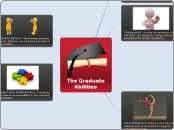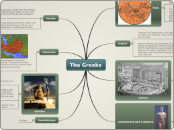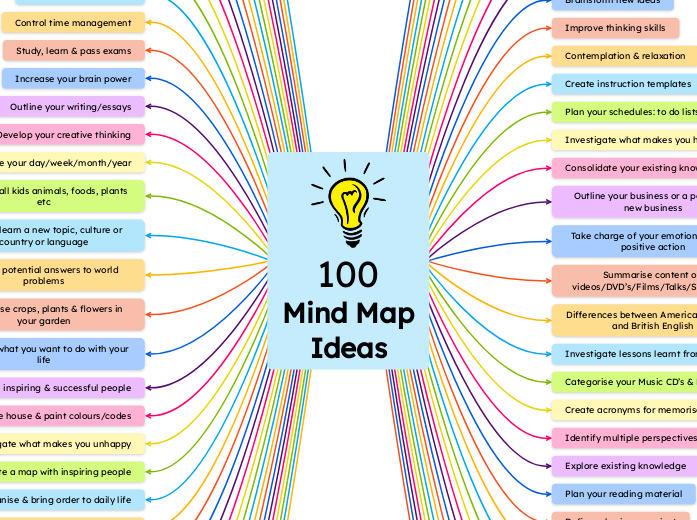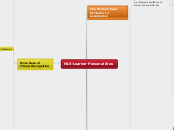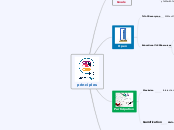por Julie Salentine hace 11 años
322
The Graduate Abilities
The text discusses the importance of conceptualizing ideas in education, specifically in the context of human development and learning processes. It emphasizes the significance of understanding systemic issues within higher education, as well as the value of observing and learning from those currently in administrative roles.
